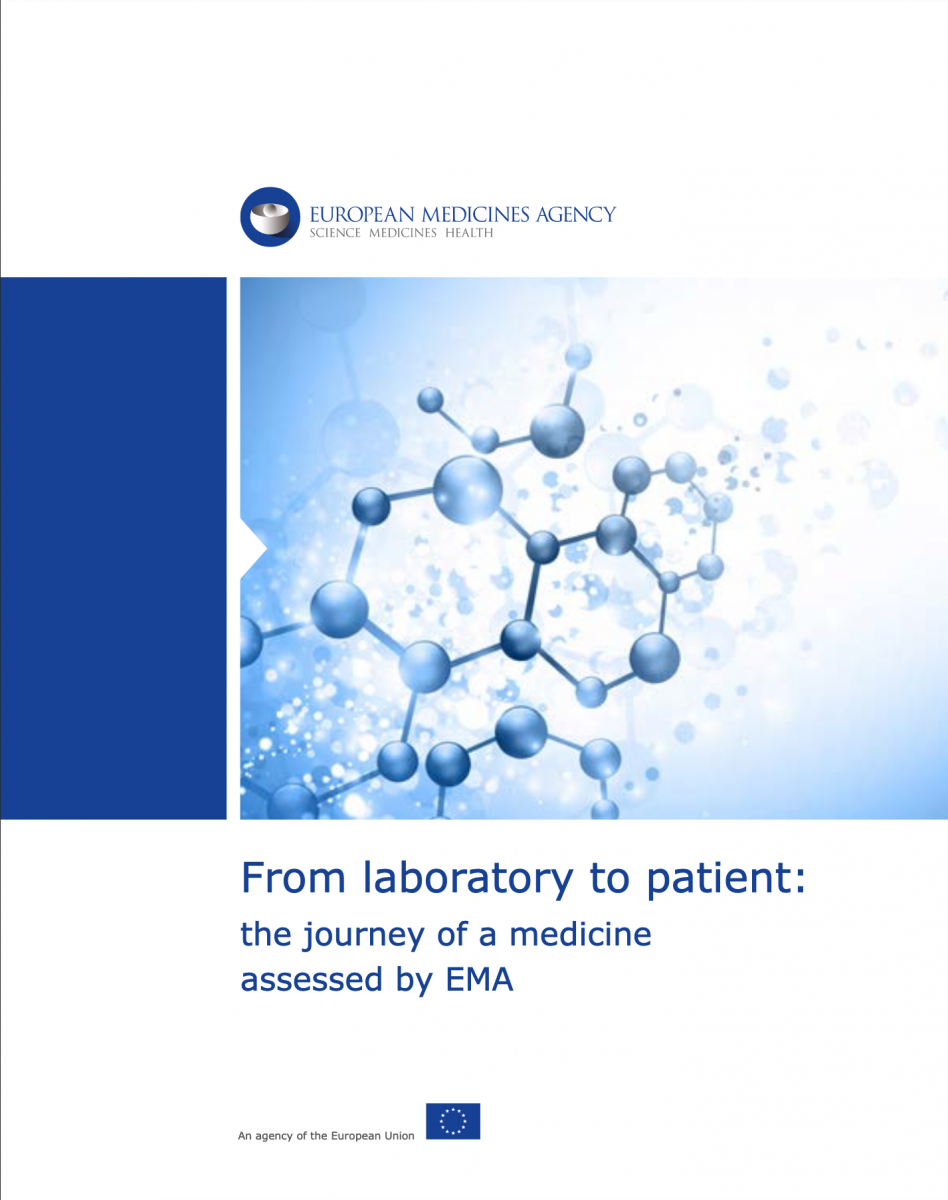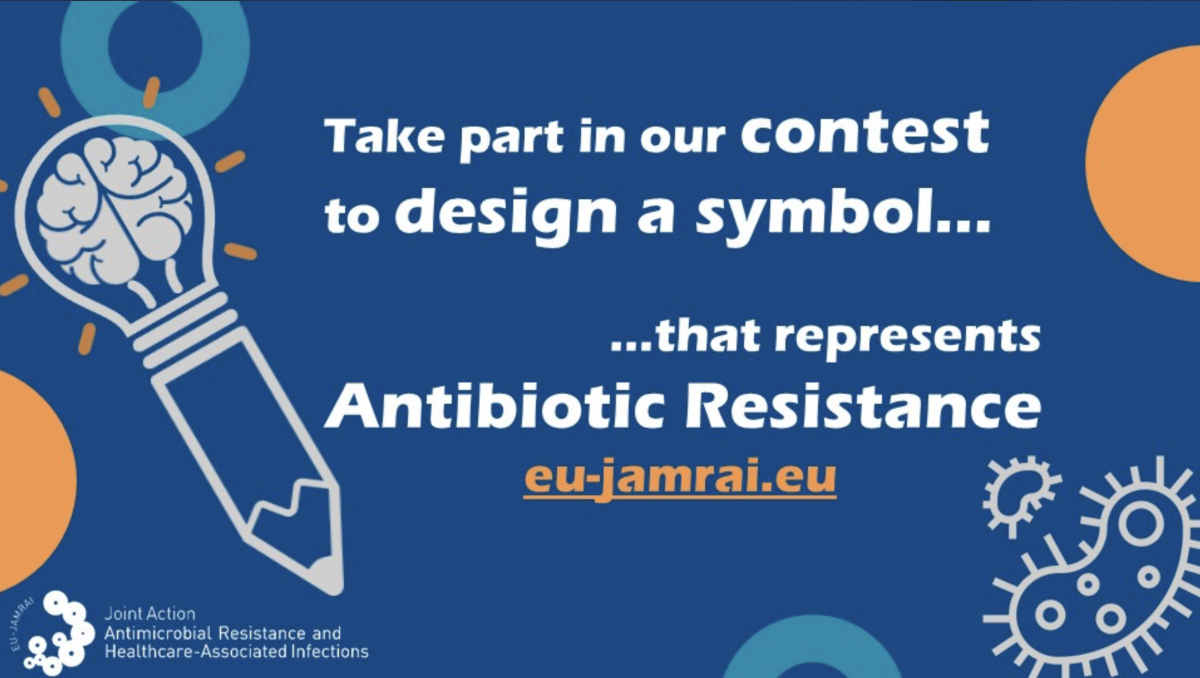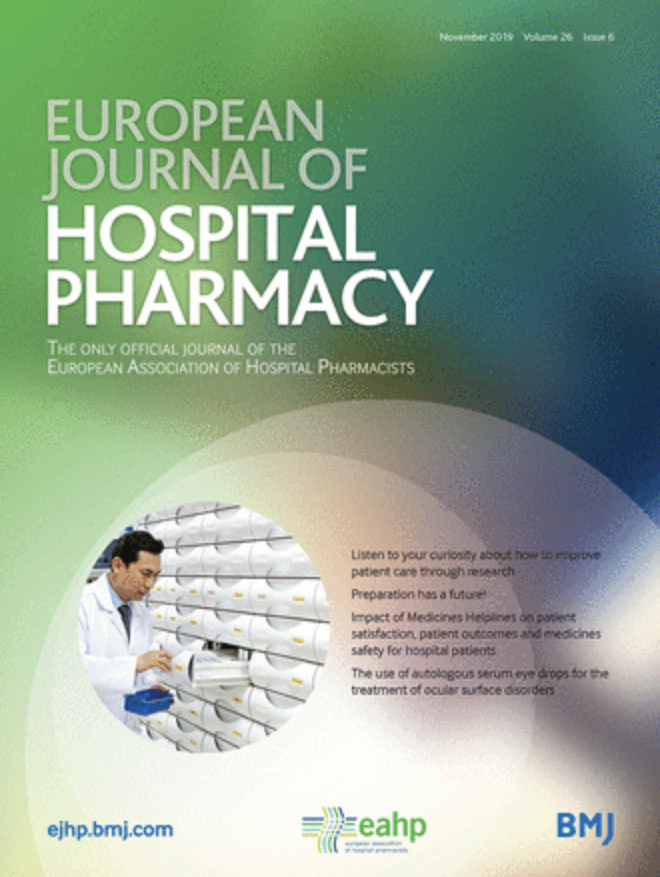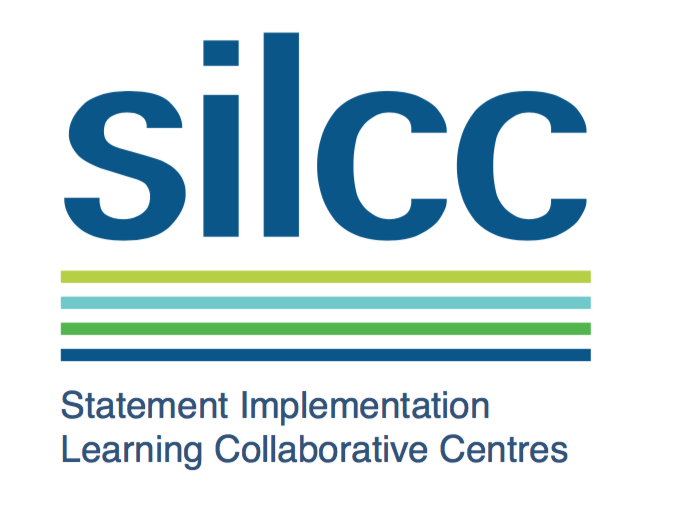The EAHP EU Monitor is a regular round up of news relevant to hospital pharmacy in Europe.
You can subscribe to receive the EAHP EU Monitor by email HERE.
Share your feedback on medicines shortages by 13th January 2020

The 2019 Medicines Shortages Survey of the European Association of Hospital Pharmacists (EAHP) seeks to investigate the reasons and impact of medicines shortages on patients in European hospitals as well as possible solutions. Until 13th January 2020, hospital pharmacists, other healthcare professionals working in the hospital environment and patients that have experienced medicines shortages are invited to contribute to the survey.
EAHP has been active on the issue of medicines shortages for over ten years and has conducted several Medicines Shortages Surveys. Findings of the most recent investigation showed that medicines shortages in European hospitals increased between 2014 and 2018. EAHP is extremely concerned by this development, in particular since the quality and safety of patient care is significantly affected. Patients are at risk of suffering deterioration in their health status if they cannot receive their prescribed medicines in a timely manner. Simultaneously, the amount of time that different healthcare professionals are able to spend with patients is reduced by the increased necessity of investing more and more working hours into the management of medicines shortages.
The survey is available in several different languages. EAHP encourages hospital pharmacists, doctors, nurses, patients and all other healthcare professionals to share their views via one of the following surveys:
- Access the Bosnian/Croatian version HERE
- Access the English version HERE
- Access the French version HERE
- Access the Greek version HERE
- Access the Italian version HERE
- Access the Portuguese version HERE
- Access the Romanian version HERE
- Access the Serbian version HERE
- Access the Slovak version HERE
- Access the Spanish version HERE
Updates from the European Medicines Agency

The European Medicines Agency (EMA) released an update on metformin diabetes medicines. In addition, the annex to the guidelines on excipients in the labelling and package leaflet of medicinal products for human use was made available as well as a timeline outlining the journey of a medicine assessed by EMA.
EMA update on metformin diabetes medicines
EMA is aware that trace amounts of an impurity, N-nitrosodimethylamine (NDMA), have been found in a small number of metformin diabetes medicines outside the EU. The levels of NDMA in the affected non-EU metformin medicines are very low and appear to be within or even below the range that people can be exposed to from other sources, including certain foods and water.
At this point, there are no data indicating that EU metformin medicines are affected. Authorities in the EU are in the process of working with companies to test EU medicines and will provide further updates as more information becomes available. Patients in the EU should continue taking their metformin medicines as normal. The risk from not having adequate diabetes treatment far outweighs possible effects of the low levels of NDMA seen in tests. Healthcare professionals should remind patients of the importance of keeping their diabetes under control. Metformin is widely used alone or in combination with other medicines to treat type 2 diabetes. It is usually the first-line treatment, and it works by reducing the production of glucose in the body and reducing its absorption from the gut.
Further information is available HERE
Annex to the guideline on excipients in the labelling and package leaflet of medicinal products for human use
A revised guideline on excipients labelling was published in spring 2018, following a targeted stakeholder consultation carried out by the European Commission. The corresponding annex which contains a list of all excipients known to have a recognised action or effect that need to be displayed on the label of any medicine authorised in the European Union was made available in November 2019.
Access the annex HERE
Timeline describing the journey of a medicines for human use
Earlier in December, an interactive timeline describing the journey of a medicine for human use authorised through EMA was published. The tool allows the user to navigate information about the different stages, starting from the initial research, more easily. It explains in particular how EMA supports medicine development by providing scientific advice, how it assesses a medicine’s benefits and risks to decide whether it should be granted marketing authorisation, and then continues monitoring its effects when it is used by patients.
Access the timeline HERE
EU JAMRAI design contest – share your ideas

The Joint Action on Antimicrobial Resistance and Healthcare-Associated Infections (EU JAMRAI) has launched a design contest to find a symbol that can be associated with the fight against antimicrobial resistance (AMR). The contest is open to anyone that wishes to contribute to raising awareness about the problem of resistance against antibiotics.
Participants who like science, have a creative mind or want to make a change are encouraged to enter this contest. Entries will be accepted until the 31st of March 2020, and the winner will be announced next summer. Submissions to the contest will be judged by a multidisciplinary and multisectoral jury, including representatives from EU-JAMRAI and the European Centre for Disease Prevention and Control (ECDC), other members of its stakeholder forum, scientists, regulatory bodies and patient organisations.
Further information and the contest rules, can be accessed HERE
EJHP: Evaluation of pharmacy-led intervention to facilitate adherence among patients hospitalised with acute coronary syndrome

The latest original article published in the online first edition of the European Journal of Hospital Pharmacy (EJHP) shares the results of an assessment of the feasibility, acceptability and effectiveness of a novel pharmacy-led intervention for patients hospitalised with acute coronary syndrome. The findings demonstrate the importance of conducting feasibility and acceptability studies when developing adherence innovations in clinical care. Future studies should consider enhancing the training process to ameliorate fidelity issues.
Read the article HERE
Become a SILCC fellow!

EAHP is looking for hospital pharmacists that are interested in expanding their horizon by joining the Statement Implementation Learning Collaborative Centres (SILCC) programme. SILCC fellows are provided with the opportunity to visit hospitals (SILCC hosts) from other EAHP member countries to learn about pharmacy procedures linked to the European Statements of Hospital Pharmacy. Further information, including on the application procedure is available on EAHP’s Statement website.
Consultations
EDQM – Public consultation for revised dosage form monographs and general chapters
The European Pharmacopoeia (Ph. Eur.) Commission is undertaking a review of five different texts. These include the general monograph for eye preparations (1163), the new general chapter “Particulate contamination: sub-visible particles in non-injectable liquid preparations (2.9.53)”, the text on uniformity and accuracy of delivered doses from multidose containers (2.9.27) and the ones on ear preparations (0652) as well as liquid preparations for cutaneous application (0927).
Deadline – 31st December 2019
Further information available HERE





























